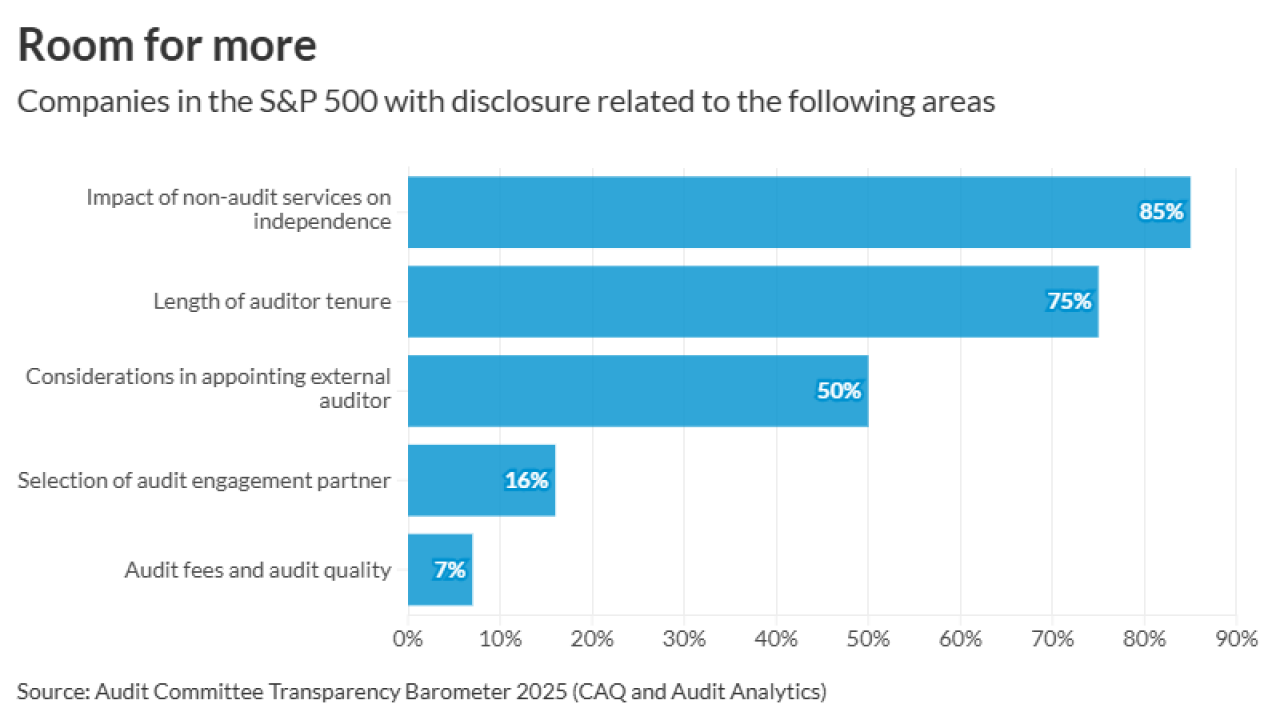The House
Released in 2022,
In February, a group of banking associations

Also in February, Rep. Mike Flood, R-Nebraska, and Wiley Nickel, D-North Carolina,
This echoes criticism made by the
"Traditionally, staff accounting bulletins are not designed to enact sweeping policy changes; they are meant to clarify existing rules," said
However the Government Accountability Office
"The Bulletin is a rule for purposes of CRA because it meets the APA definition of a rule and none of the three CRA exceptions apply," said the GAO report. "Accordingly, the Bulletin is subject to the CRA's submission requirement."
The GAO said the bulletin is a rule of general applicability because it neither identifies specific entities by name nor does it address specific actions for a named entity to take. Second, the bulletin concerns actions that covered entities should take, rather than actions that SEC management or personnel should take, and is, therefore, not a rule of agency management or personnel. Third, the exception for rules of "agency organization, procedure or practice that do not substantially affect the rights or obligations of non-agency parties" does not apply because it has a substantial impact on its regulated community.
But Rep. Flood, in a press release when he first introduced the bill, said this interpretation from the GAO does not absolve the bulletin from criticism but actually reinforces it.
"The Government Accountability Office has spoken. The SEC's Staff Accounting Bulletin 121 (SAB 121) goes beyond the scope of an accounting bulletin and is effectively a rule," said Flood. "The SEC issued SAB 121 without conferring with prudential regulators despite the accounting standard's effects on financial institutions' treatment of custodial assets, and the SEC issued SAB 121 without going through the notice-and-comment process. In the face of overreach by a regulator, it is the role of Congress to serve as a check. I am proud to jointly introduce a bipartisan resolution of congressional disapproval with Senator Lummis and Congressman Nickel to fulfill that role."
While the rule passed the House and now goes to the Senate, where Sen. Cynthia Lummis, R-Wyoming, has a similar bill prepared, it's unclear how much further it will go. The White House,
Kim, of the Crypto Council for Innovation, said the move is unfortunate but not surprising. He said if this measure does not pass, the crypto market and those who interact with it will be subject to onerous requirements.
"It is extremely unfortunate but not unexpected that the White House issued its Statement of Administration Policy indicating that it would veto the resolution to invalidate SAB 121. SAB 121 should have been subjected to public feedback and regulatory scrutiny before implementation, but the SEC improperly issued SAB 121 without adhering to the proper Administrative Procedure Act (APA) or Congressional Review Act (CRA) processes SAB 121 also requires banks and other entities to record customers' digital assets as liabilities on their balance sheets. This makes it extremely prohibitive for custodians, including banks, to hold digital assets. This would also result in onerous capital requirements against such assets. It is imperative that custody rules in the US properly protect consumers and investors in a way that allows our industry to grow," he said.





